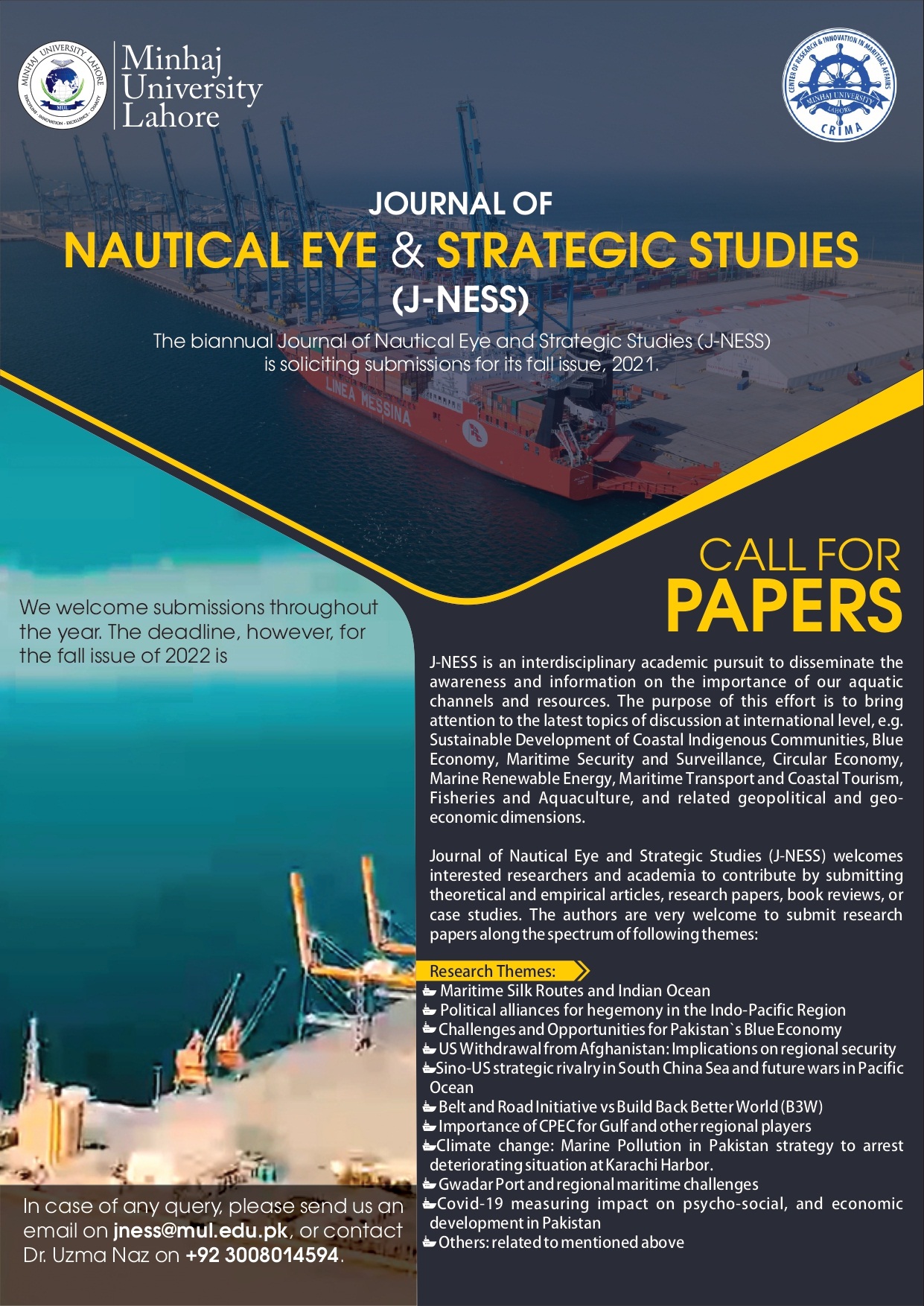Maritime policy during the Spanish, Portuguese, Dutch, and British occupation of Indonesia
Keywords:
maritime policy, occupation, IndonesiaAbstract
Geographically, 70% of Indonesia's territory is water. This made the nations that occupied Indonesia such as Spain, Portugal, the Netherlands and Britain have their own policies towards the colony, namely Indonesia. In general, the purpose of arrival was due to control of Indonesian spices such as pepper, cloves and nutmeg. They came to Indonesian territory by sea until they came to power in Indonesia and regulated water and trade policies. The law of the Tordesillas treaty regulated the division of exploration routes between Spain and Portugal. Spain and Portugal proved to be the opening sea explorers. The path they crossed became a reference for other nations to explore as well. The Dutch with the longest colonization time in Indonesia succeeded in making the archipelago once achieved its greatest expansion. The Dutch also regulated the policy of shipping routes and ports according to the current situation in that place and the prevailing political policies. There was a strong maritime competition between the Dutch and the British that led to the Dutch-British treaty. The British developed power in the sea and land areas of the Malay Peninsula to Sarawak-Borneo, while the Dutch with a base in Batavia developed sea and land areas to the tip of the outer islands in the east.
Downloads
Published
How to Cite
Issue
Section
License
Copyright (c) 2022 Journal of Nautical Eye and Strategic Studies

This work is licensed under a Creative Commons Attribution-NonCommercial 4.0 International License.










